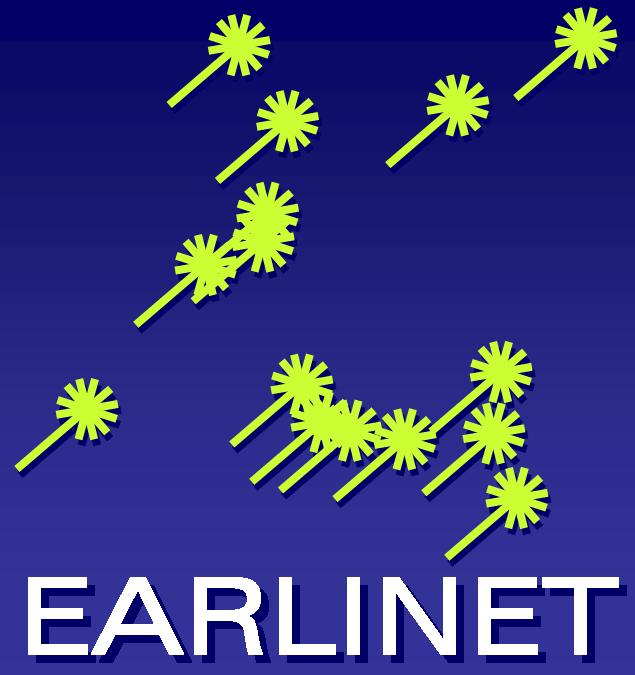comparison: docs/_build/latex/sphinxmanual.cls
docs/_build/latex/sphinxmanual.cls
- changeset 11
- 79fea4145278
equal
deleted
inserted
replaced
| 10:f6927689a3b2 | 11:79fea4145278 |
|---|---|
| 1 % | |
| 2 % sphinxmanual.cls for Sphinx (http://sphinx.pocoo.org/) | |
| 3 % | |
| 4 | |
| 5 \NeedsTeXFormat{LaTeX2e}[1995/12/01] | |
| 6 \ProvidesClass{sphinxmanual}[2009/06/02 Document class (Sphinx manual)] | |
| 7 | |
| 8 % chapters starting at odd pages (overridden by 'openany' document option) | |
| 9 \PassOptionsToClass{openright}{\sphinxdocclass} | |
| 10 | |
| 11 % 'oneside' option overriding the 'twoside' default | |
| 12 \newif\if@oneside | |
| 13 \DeclareOption{oneside}{\@onesidetrue} | |
| 14 % Pass remaining document options to the parent class. | |
| 15 \DeclareOption*{\PassOptionsToClass{\CurrentOption}{\sphinxdocclass}} | |
| 16 \ProcessOptions\relax | |
| 17 | |
| 18 % Defaults two-side document | |
| 19 \if@oneside | |
| 20 % nothing to do (oneside is the default) | |
| 21 \else | |
| 22 \PassOptionsToClass{twoside}{\sphinxdocclass} | |
| 23 \fi | |
| 24 | |
| 25 \LoadClass{\sphinxdocclass} | |
| 26 | |
| 27 % Set some sane defaults for section numbering depth and TOC depth. You can | |
| 28 % reset these counters in your preamble. | |
| 29 % | |
| 30 \setcounter{secnumdepth}{2} | |
| 31 \setcounter{tocdepth}{1} | |
| 32 | |
| 33 % Change the title page to look a bit better, and fit in with the fncychap | |
| 34 % ``Bjarne'' style a bit better. | |
| 35 % | |
| 36 \renewcommand{\maketitle}{% | |
| 37 \begin{titlepage}% | |
| 38 \let\footnotesize\small | |
| 39 \let\footnoterule\relax | |
| 40 \rule{\textwidth}{1pt}% | |
| 41 \ifsphinxpdfoutput | |
| 42 \begingroup | |
| 43 % These \defs are required to deal with multi-line authors; it | |
| 44 % changes \\ to ', ' (comma-space), making it pass muster for | |
| 45 % generating document info in the PDF file. | |
| 46 \def\\{, } | |
| 47 \def\and{and } | |
| 48 \pdfinfo{ | |
| 49 /Author (\@author) | |
| 50 /Title (\@title) | |
| 51 } | |
| 52 \endgroup | |
| 53 \fi | |
| 54 \begin{flushright}% | |
| 55 \sphinxlogo% | |
| 56 {\rm\Huge\py@HeaderFamily \@title \par}% | |
| 57 {\em\LARGE\py@HeaderFamily \py@release\releaseinfo \par} | |
| 58 \vfill | |
| 59 {\LARGE\py@HeaderFamily | |
| 60 \begin{tabular}[t]{c} | |
| 61 \@author | |
| 62 \end{tabular} | |
| 63 \par} | |
| 64 \vfill\vfill | |
| 65 {\large | |
| 66 \@date \par | |
| 67 \vfill | |
| 68 \py@authoraddress \par | |
| 69 }% | |
| 70 \end{flushright}%\par | |
| 71 \@thanks | |
| 72 \end{titlepage}% | |
| 73 \cleardoublepage% | |
| 74 \setcounter{footnote}{0}% | |
| 75 \let\thanks\relax\let\maketitle\relax | |
| 76 %\gdef\@thanks{}\gdef\@author{}\gdef\@title{} | |
| 77 } | |
| 78 | |
| 79 | |
| 80 % Catch the end of the {abstract} environment, but here make sure the abstract | |
| 81 % is followed by a blank page if the 'openright' option is used. | |
| 82 % | |
| 83 \let\py@OldEndAbstract=\endabstract | |
| 84 \renewcommand{\endabstract}{ | |
| 85 \if@openright | |
| 86 \ifodd\value{page} | |
| 87 \typeout{Adding blank page after the abstract.} | |
| 88 \vfil\pagebreak | |
| 89 \fi | |
| 90 \fi | |
| 91 \py@OldEndAbstract | |
| 92 } | |
| 93 | |
| 94 % This wraps the \tableofcontents macro with all the magic to get the spacing | |
| 95 % right and have the right number of pages if the 'openright' option has been | |
| 96 % used. This eliminates a fair amount of crud in the individual document files. | |
| 97 % | |
| 98 \let\py@OldTableofcontents=\tableofcontents | |
| 99 \renewcommand{\tableofcontents}{% | |
| 100 \setcounter{page}{1}% | |
| 101 \pagebreak% | |
| 102 \pagestyle{plain}% | |
| 103 {% | |
| 104 \parskip = 0mm% | |
| 105 \py@OldTableofcontents% | |
| 106 \if@openright% | |
| 107 \ifodd\value{page}% | |
| 108 \typeout{Adding blank page after the table of contents.}% | |
| 109 \pagebreak\hspace{0pt}% | |
| 110 \fi% | |
| 111 \fi% | |
| 112 \cleardoublepage% | |
| 113 }% | |
| 114 \pagenumbering{arabic}% | |
| 115 \@ifundefined{fancyhf}{}{\pagestyle{normal}}% | |
| 116 } | |
| 117 | |
| 118 % This is needed to get the width of the section # area wide enough in the | |
| 119 % library reference. Doing it here keeps it the same for all the manuals. | |
| 120 % | |
| 121 \renewcommand*\l@section{\@dottedtocline{1}{1.5em}{2.6em}} | |
| 122 \renewcommand*\l@subsection{\@dottedtocline{2}{4.1em}{3.5em}} |

